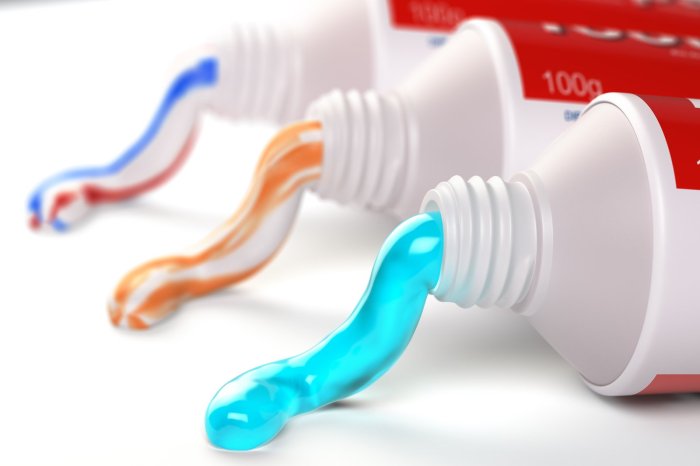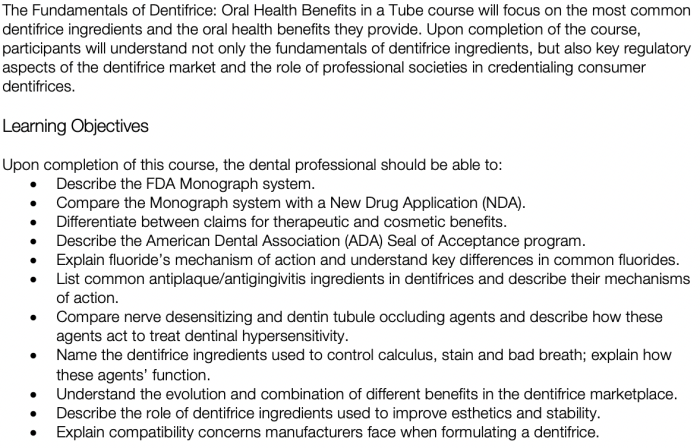A-z fundamentals of dentifrice: oral health benefits in a tube – Embark on a comprehensive journey through the a-z fundamentals of dentifrice, where we unveil the remarkable oral health benefits concealed within each tube. Delve into the history, ingredients, and scientific evidence that illuminate the profound impact of dentifrice on maintaining a healthy and radiant smile.
From cavity prevention to gum disease mitigation, dentifrice plays a pivotal role in safeguarding oral health. Discover the essential ingredients that work in harmony to combat plaque, bacteria, and other oral health threats, ensuring a healthy oral microbiome and a dazzling smile for life.
1. Introduction: A-z Fundamentals Of Dentifrice: Oral Health Benefits In A Tube

Dentifrice, commonly known as toothpaste, is a paste or gel used with a toothbrush to clean and maintain the health of teeth and gums. It plays a crucial role in oral hygiene, preventing cavities, gum disease, and other oral health issues.
The history of dentifrice dates back to ancient civilizations, with evidence of early forms being used in Egypt, Greece, and Rome. These early formulations often consisted of abrasive powders or pastes made from natural ingredients like charcoal, salt, and herbs.
2. Ingredients and Their Functions, A-z fundamentals of dentifrice: oral health benefits in a tube
Modern dentifrices contain a variety of ingredients that serve specific functions in maintaining oral health.
- Abrasives:These ingredients, such as calcium carbonate and silica, gently remove plaque and stains from the teeth.
- Fluoride:Fluoride strengthens teeth by remineralizing enamel and preventing decay.
- Antibacterial agents:Ingredients like triclosan and cetylpyridinium chloride help reduce the number of bacteria in the mouth, which can cause cavities and gum disease.
- Surfactants:These ingredients help the dentifrice foam and spread evenly over the teeth.
- Flavoring agents:These ingredients provide a pleasant taste and encourage regular use.
3. Oral Health Benefits
Regular use of dentifrice offers numerous oral health benefits, including:
- Prevention of cavities:Fluoride in dentifrice strengthens tooth enamel and makes it more resistant to decay.
- Reduction of gum disease:Antibacterial agents in dentifrice help reduce inflammation and bleeding of the gums.
- Fresh breath:Dentifrice helps remove food particles and bacteria that cause bad breath.
- Maintenance of a healthy oral microbiome:Dentifrice helps balance the oral microbiome by reducing harmful bacteria and promoting beneficial bacteria.
4. Fluoride and Its Importance
Fluoride is a crucial ingredient in dentifrice due to its significant benefits for oral health:
- Strengthens teeth:Fluoride ions penetrate the tooth enamel and form fluorapatite, which is more resistant to acid and decay.
- Reverses early decay:Fluoride can help remineralize areas of early tooth decay, preventing further damage.
- Reduces sensitivity:Fluoride can block exposed dentin tubules, reducing tooth sensitivity.
The recommended fluoride concentration in dentifrice varies depending on age and individual needs, typically ranging from 1000 to 1500 parts per million (ppm).
5. Special Considerations
Various types of dentifrices are available to address specific oral health needs:
- Sensitivity:Dentifrices for sensitive teeth contain ingredients that help block exposed dentin tubules, reducing pain and discomfort.
- Whitening:These dentifrices contain abrasive agents that help remove surface stains from teeth.
- Tartar control:Dentifrices with tartar control agents help prevent the buildup of tartar, a hard deposit that can cause gum disease.
It is essential to choose the right dentifrice based on individual needs and consult with a dental professional for personalized recommendations.
FAQ Explained
What is the primary function of dentifrice?
Dentifrice, commonly known as toothpaste, serves as a crucial component of oral hygiene, primarily designed to clean teeth, remove plaque and bacteria, and freshen breath.
How does fluoride contribute to oral health?
Fluoride, a mineral naturally present in dentifrice, plays a vital role in strengthening tooth enamel, preventing cavities, and promoting remineralization.
What are the different types of dentifrice formulations available?
Dentifrice formulations vary based on specific oral health needs. Common types include anti-cavity, tartar control, whitening, and sensitivity-reducing dentifrices.
How often should I brush my teeth with dentifrice?
For optimal oral health, it is recommended to brush your teeth twice daily with dentifrice, ideally after meals and before bedtime.
What are the potential risks associated with excessive fluoride intake?
While fluoride is essential for oral health, excessive intake can lead to fluorosis, a condition characterized by white spots or streaks on the teeth. Therefore, it is crucial to use dentifrice containing the recommended fluoride levels and avoid swallowing large amounts.

